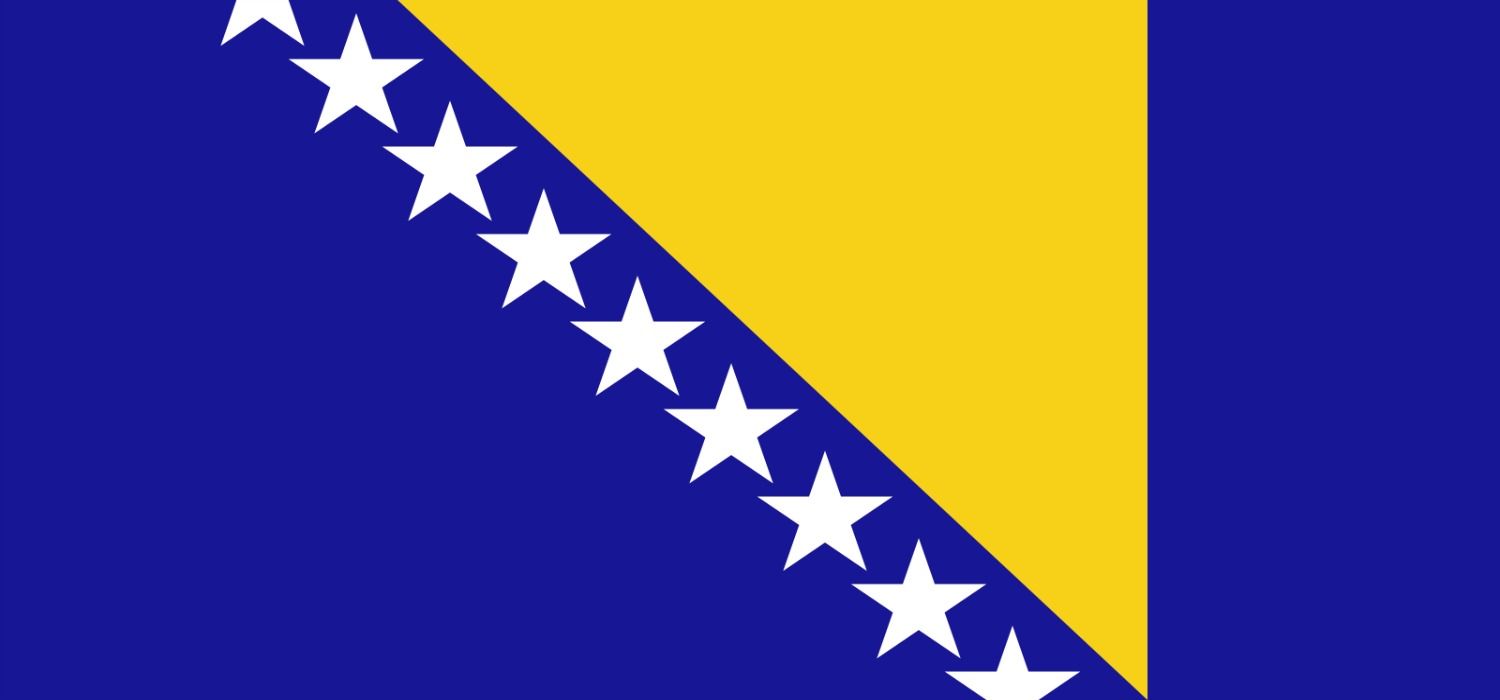This hearing focused on determinig if the recent ethnic cleansing, the destruction of cultural sites, and war crimes and crimes against humanity in Bosnia and the former Yugoslavia constituted genocide. In particular, the witnesses and Commissioners discussed how many of the war crimes were committed on orders from the military and the political leadership.
Members
Hon. Christopher Smith
Chairman
Commission on Security and Cooperation in Europe
Hon. Alfonse Amato
Co-Chairman
Commission on Security and Cooperation in Europe
Hon. Frank Wolf
Commissioner
Commission on Security and Cooperation in Europe
Hon. Steny H. Hoyer
Commissioner
Commission on Security and Cooperation in Europe
Hon. Benjamin Cardin
Commissioner
Commission on Security and Cooperation in Europe
Hon. James Moran
Member of Congress
House of Representatives
Hon. Frank R. Lautenberg
Senator
Senate
Witnesses
Professor Cherif Bassiouni
Proffessor of Law at DePaul University
President of International human Rights Law Institute
Andras Riedlmayer
Bibliographer
Harvard University
Roy Gutman
Journalist/Pulitzer Prize Winner
Newsday
David Rieff
Author
Relevant Issues
Relevant Countries
Leadership

U.S. Helsinki Commissioners Welcome Release of Unjus...
Aug 01, 2024WASHINGTON—Today, U.S. Helsinki Commission Chairman Rep. Joe Wilson (SC-02), Co-Chairman Sen. Ben Cardin (MD), Ranking Member Rep. Steve Cohen (TN-09), and Ranking Member Sen. Roger Wicker (MS) celebrated the release […]

Silenced Dissent: The Plight of Political Prisoners ...
Jun 13, 2024WASHINGTON—Across the globe, individuals continue to be targeted, arrested, and imprisoned for peacefully exercising their rights to freedom of speech, assembly, and association. Persecution on political grounds represents a fundamental […]

Hamas’ Hostages, Putin’s Prisoners, and Freeing Inte...
Oct 25, 2023The practice of seizing hostages and political prisoners, as well as actively terrorizing civilians is a constant displayed by Hamas in Israel and Russia’s war against Ukraine. To highlight issues […]

Vladimir Kara-Murza: Putin’s Personal Prisoner
Sep 20, 2023Stream here: HEARING: Vladimir Kara-Murza: Putin’s Personal Prisoner – YouTube Vladimir Kara-Murza, a father, husband, and a freedom fighter, has been in detention for over five hundred days and is currently […]
HEARING: RESCUING UKRAINIAN CHILDREN AND WOMEN FROM ...
Jul 19, 2023Wednesday, July 26, 2023 10:00 a.m. to 11:30 a.m. Rayburn House Building room 2200 Streaming here: https://www.youtube.com/watch?v=_n-NyI5xjt8 Russia’s war has exposed the critical need for U.S. and international action to […]

Supporting A Democratic and Secure Moldova
Jul 12, 2023In recent years, Moldova has made notable steps to improve its democratic institutions and combat corruption. President Maia Sandu and her Party of Action and Solidarity (PAS) have spearheaded wide-ranging […]

Protecting Ukrainian Refugees from Human Trafficking
Apr 07, 2023More than 4 million refugees have fled Ukraine since Russia’s massive invasion on February 24, in the largest migration of people in Europe since the Second World War. Given Ukraine’s […]
Helsinki Commission Leadership Statement on Georgian...
Mar 06, 2023WASHINGTON—In response to news that the Georgian parliament is considering Russian-style foreign agent legislation, which would have a chilling effect on Georgia’s vibrant civil society, Helsinki Commission Chairman Representative Joe Wilson (SC-2), […]
Helsinki Commission Chair and Co-Chair: Statement on...
Feb 20, 2023WASHINGTON—Following reports of the sharp deterioration of Azerbaijani dissident Bakhtiyar Hajiyev, Helsinki Commission Chairman Rep. Joe Wilson (SC-2) and Co-Chairman Sen. Ben Cardin (MD) issued the following joint statement: “We […]

My “Hell” in Russian Captivity
Sep 15, 2022Russia’s war crimes in Ukraine include the brutal and unlawful detention of thousands of Ukrainians. At this hearing, Yuliia “Taira” Paievska, a well-known Ukrainian volunteer medic who was detained in […]
Ukrainian Medic to Testify on “Hell” in Russian Capt...
Sep 07, 2022WASHINGTON—The Commission on Security and Cooperation in Europe, also known as the Helsinki Commission, today announced the following hearing: MY “HELL” IN RUSSIAN CAPTIVITY Taira Paievska on Russia’s War in […]

Behind Enemy Lines
Jul 20, 2022As Russia’s genocidal war against Ukraine continues, Ukrainians in occupied territories are demonstrating courageous resistance in the face of atrocities, deprivation, and forced displacement, the scope and scale of which […]


